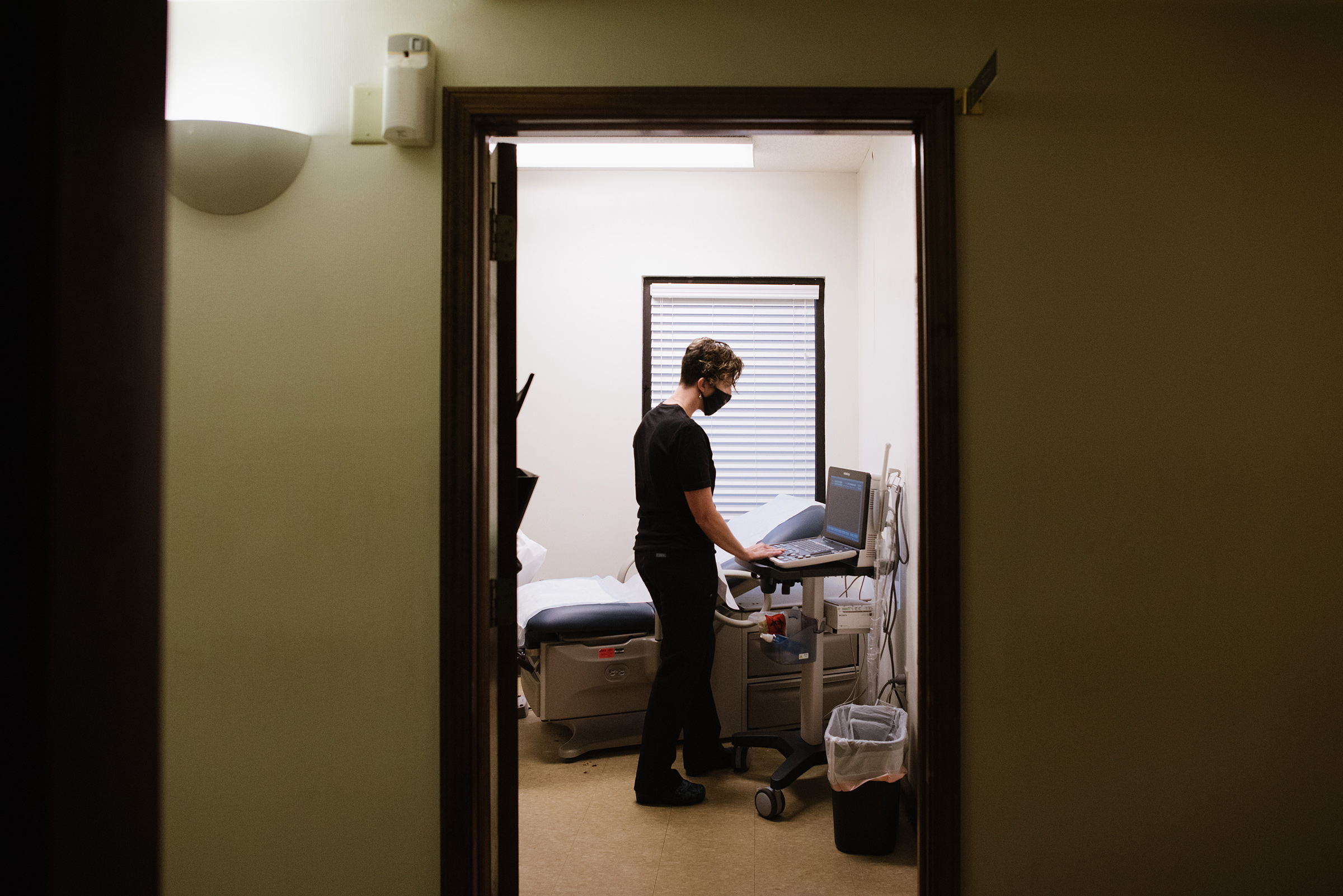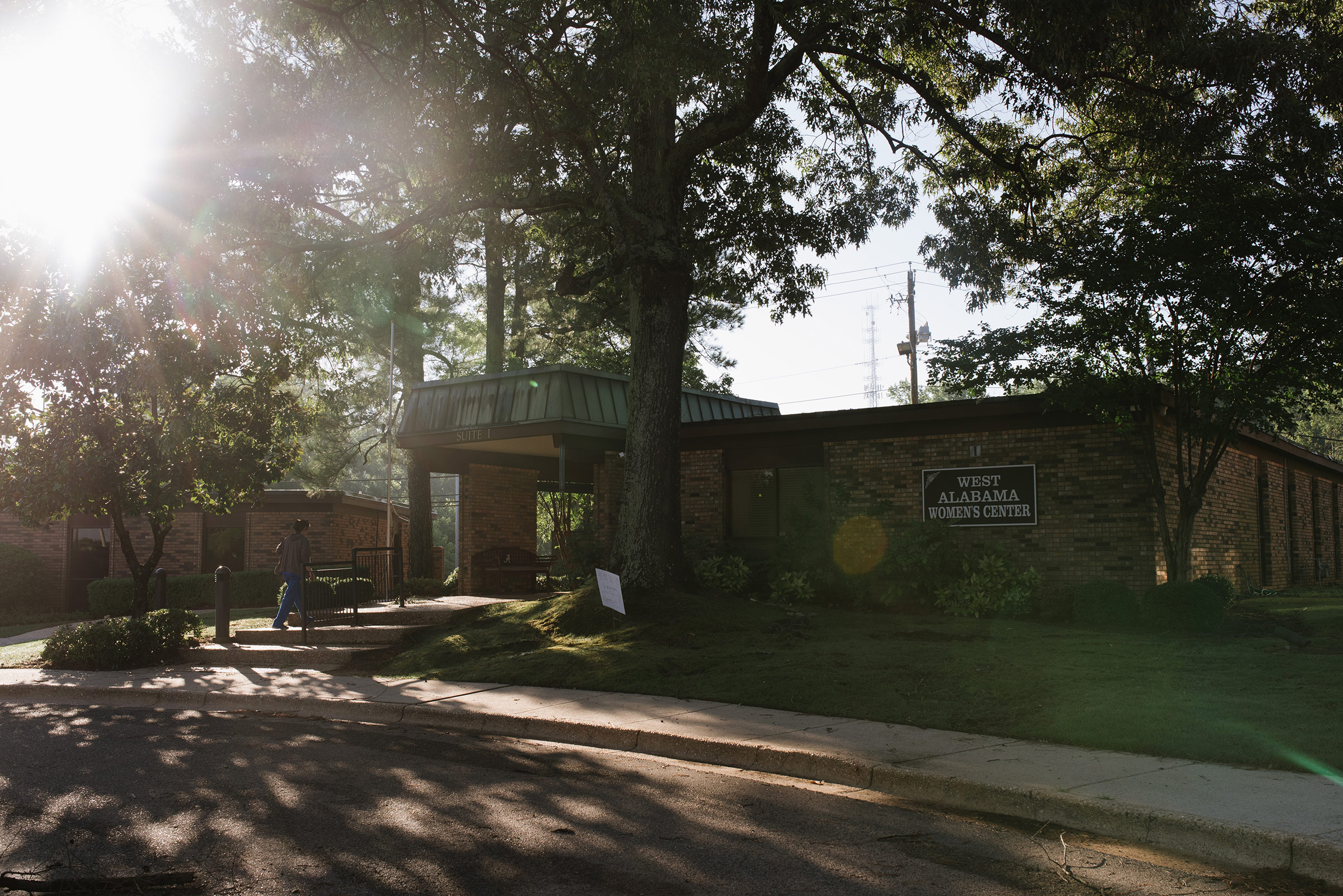
Right at this moment there is a person in labor preparing to give birth. They got pregnant exactly nine months ago. They may have been trying to conceive. They may have been hoping to avoid it.
But thanks to the five far-right conservatives on the Supreme Court – four of whom will never be capable of carrying a child – that person will face a life-threatening delivery whether they wanted it or not.
Republicans drafting and implementing more and more extreme abortion bans talk about nine months of pregnancy like going through it is no different from failing to get your teeth cleaned every six months or putting off an eye exam. Sure, there could be some discomfort – a cavity that could have been avoided, headaches from needing new glasses – but mostly, they seem to suggest, it’s a minor inconvenience. They refuse to recognize the very real health effects a pregnancy creates – a realignment of the skeleton, changes in blood pressure, permanent dysfunction in organs that will never recover, and the increasing likelihood of death, especially for those who are not white.
We can assure you that nine months is a very, very long time.
More from TIME
Read More: Even Religious Americans Favor Abortion Rights Post-Dobbs
It has now been nine months since we could provide abortions in the state of Alabama, and nine months since we could make direct referrals to an out-of-state abortion clinic because Alabama considers them a “conspiracy” that could result in jail time. In those nine months, five of the seven abortion clinics in the Gulf states of Louisiana, Mississippi, and Alabama have closed or moved elsewhere, creating a vacuum for maternal and sexual health care that no legislature has offered resources to fill. The two of us who have remained are doing the best we can to provide other services, with limited support.

Less than a month after Roe was overturned, our clinic moved to a “pay what you can” free clinic model, knowing that if we didn’t see the patients who come to us, no one would. Since then, we have talked to Medicaid patients who can’t get a doctor to return their calls. We’ve treated patients with things as simple as yeast infections who would otherwise wait weeks to get into the county health center. We’ve cared for patients who had no embryonic heart tones but couldn’t get medication to end the pregnancy because their private physicians are terrified of ending up in jail, losing their license, or both. We’ve offered pregnancy confirmations to those who are uninsured and can’t start the Medicaid application process without them; provided timely prenatal care when people need it, not making them wait two to three months for an appointment; talked to patients who travel out of state for legal abortions, but are sent away from their Alabama hospitals when they think they may have a complication; and given away free contraception because no one else is investing in preventing pregnancy even now that abortion is illegal.
Read More: The Most Common Abortion Method Is in Danger in Every State
In the past nine months, someone got pregnant in the South and wanted an abortion but had to leave the state to get one. Someone else got pregnant and is about to give birth despite not having seen a doctor for their entire pregnancy. Another person miscarried but sat in a hospital waiting room for hours bleeding into her clothes and onto the floor before leaving, unseen. We know because these are the stories our patients have shared with us.
Nine months is a very long time – for us and for our patients. But unfortunately for our health care system, this is just one short moment. As bad as things have been since the Dobbs decision, without support for contraception, prenatal care, and other reproductive health services, this crisis will only grow worse. And the next person getting pregnant may not survive at all.
More Must-Reads from TIME
- Donald Trump Is TIME's 2024 Person of the Year
- Why We Chose Trump as Person of the Year
- Is Intermittent Fasting Good or Bad for You?
- The 100 Must-Read Books of 2024
- The 20 Best Christmas TV Episodes
- Column: If Optimism Feels Ridiculous Now, Try Hope
- The Future of Climate Action Is Trade Policy
- Merle Bombardieri Is Helping People Make the Baby Decision
Contact us at letters@time.com